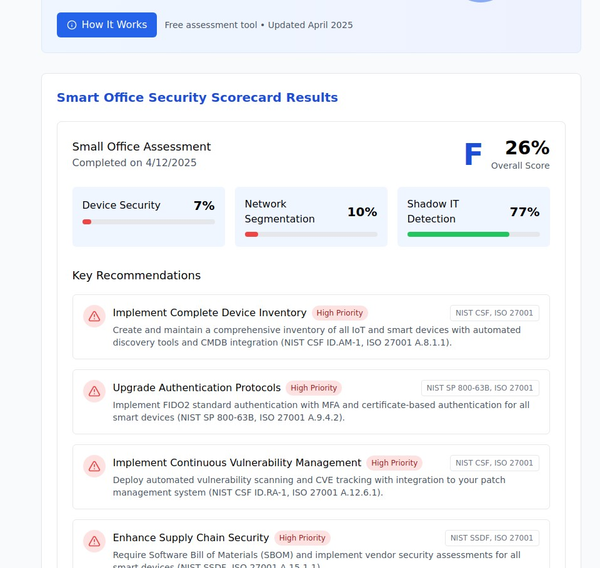The Future of Canadian Grocery Stores: AI-Powered Robots and Labor Strikes

In recent times, the Canadian grocery industry has been experiencing significant changes that could reshape the way we shop for groceries. The rise of AI-powered robots and labor strikes are two key factors contributing to this transformation. In this blog post, we'll delve into the potential impact of these developments on Canadian grocery stores.
https://www.secureiotoffice.world/how-inventory-robots-are-revolutionizing-retail
AI-Powered Robots in Grocery Stores
Redefining Retail Efficiency
The use of AI-powered robots in Canadian grocery stores is no longer a distant dream. Dr. Sylvan Charlebois, a renowned food professor, predicts that grocers are set to embrace automation as a means of cutting costs. Instead of relying on a large workforce, these stores could employ AI-powered robots for various tasks.

Shelf Stocking and Inventory Management
One of the primary roles of these robots would be to ensure that store shelves are consistently well-stocked. They would excel in inventory management, making it possible for products to be replenished multiple times a day. This level of automation promises more predictable operational costs for grocery retailers.

Real-World Examples
The robots in question aren't mere prototypes or science fiction fantasies. They are already a reality in multiple countries, aiding grocery stores in handling fresh products and maintaining optimal inventory levels.

Labor Strikes and Their Impact
Labor Disputes in the Grocery Industry
The recent labor strike at 27 Metro Stores in the Toronto area has sent shockwaves throughout the Canadian grocery industry. Workers have been demanding higher wages and more full-time positions, drawing attention to labor-related challenges in the sector.

Political Capital and Rising Wages
Employees have significant political capital, and their demands could lead to higher wages. However, many grocery business models may struggle to accommodate these increases in labor costs.
The Domino Effect
The situation at Metro Stores has garnered nationwide attention, with other grocers closely monitoring its outcome. The ripple effect of these labor disputes could potentially reshape the entire grocery sector in Canada.

Exploring Alternatives
Hiking Prices as a Last Resort
As grocers grapple with the challenge of rising labor costs, one option on the table is raising prices. While this may be an unpopular choice among consumers, it remains a possibility to ensure the sustainability of grocery businesses.

Conclusion
The future of Canadian grocery stores is at a crossroads, with the potential introduction of AI-powered robots and ongoing labor disputes. Grocers must make strategic decisions to balance operational efficiency, labor costs, and consumer satisfaction. Whether through automation or price adjustments, the grocery industry is poised for transformation.
Youtube Summary:
- 00:02 🛒 Grocery stores considering AI-powered robots
- Grocery stores are exploring the use of AI-powered robots to cut costs and increase efficiency.
- AI robots can help reduce the number of full-time employees needed in a grocery store.
- 00:59 🤖 Real-world examples of robotic assistance in stores
- AI robots are already in use at grocery stores in various countries.
- These robots can handle tasks like restocking shelves and inventory management, making operations more predictable and efficient.
- 01:29 💼 Impact of labor strikes on the grocery industry
- Labor strikes, like the one at Metro Stores in Toronto, have raised concerns about labor costs in the grocery industry.
- Grocers are facing pressure to manage costs and may turn to AI to address labor challenges.
- 02:11 📈 Balancing rising labor costs with AI and pricing
- Grocery stores may have to consider using AI or raising prices to cover rising labor costs.
- The situation in Toronto is being closely watched by other grocers, as it could have a broader impact on the sector.






